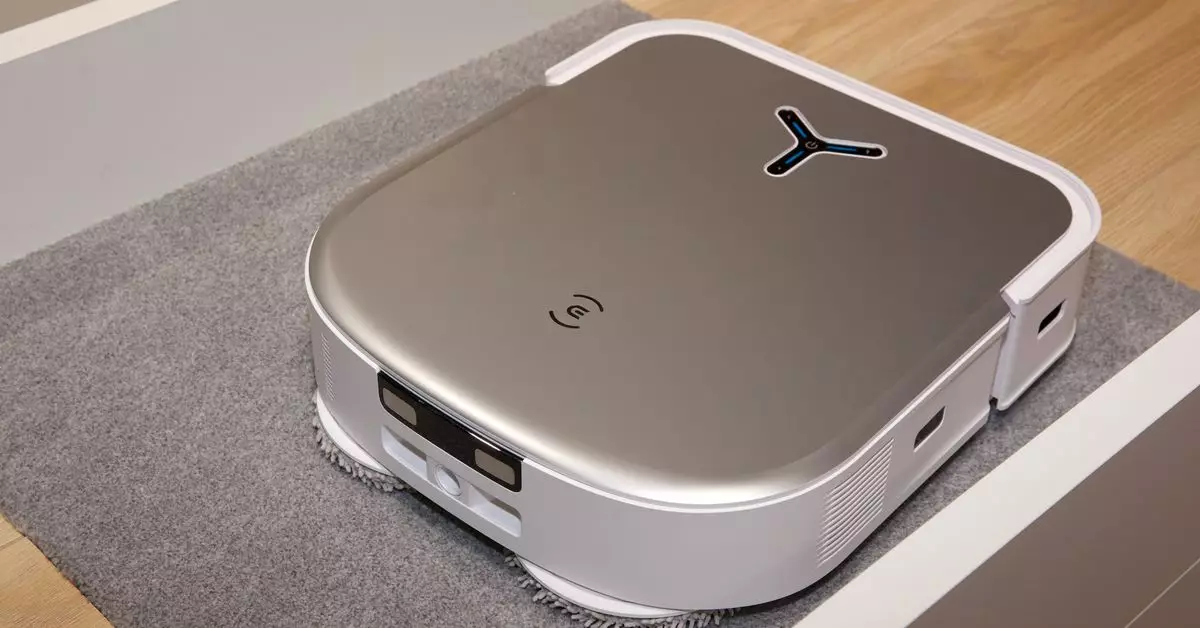In recent years, smart home devices like the Ecovacs Deebot X2 have revolutionized the way we manage household chores. These robotic vacuums not only promise convenience but also claim to enhance our lives through advanced technology. However, as they become ubiquitous, the incidents involving security vulnerabilities and unauthorized access raise significant concerns among users. This is precisely what happened earlier in 2023 when a series of hackings involving the Deebot X2 sent shockwaves through the tech community and alarmed consumers about the integrity of their smart devices.
Reports surfaced indicating that individuals across several U.S. cities experienced alarming breaches of their Deebot X2 vacuums. One particularly disturbing account involved a Minnesota lawyer, Daniel Swenson, who described an unsettling experience while enjoying a quiet evening with his family. Suddenly, the robot began emitting strange noises that escalated into a disconcerting verbal attack. Swenson’s experience was not an isolated incident; multiple users from places like El Paso and Los Angeles reported similar episodes where their devices were used as instruments of hostility—one particularly horrifying case involved a person utilizing the vacuum to provoke a dog within its owner’s vicinity.
These events raise serious ethical questions about how much control individuals really have over their smart appliances. Do these devices serve us, or can they turn on us, revealing a terrifying aspect of technological integration into our homes?
Ecovacs quickly responded to the situation, attributing the breach to a “credential stuffing” incident—essentially, a situation where hackers utilize previously stolen login information to access the vacuums. In their communication, the company reassured customers by stating they had blocked the offending IP addresses and conducted an internal investigation. They claimed to have found no evidence of direct credential theft, but this assurance does little to quell the fears of users who feel vulnerable in their own spaces.
Researchers had previously pointed out vulnerabilities in the Deebot X2, highlighting flaws that allowed unauthorized access. Although Ecovacs asserted that they resolved these issues and planned for enhanced security measures, the lingering question remains whether future updates will truly mitigate existing vulnerabilities.
The incident involving the Ecovacs Deebot X2 is far from an isolated case; it illustrates a broader trend in the smart home industry fraught with risks. Consumers often overlook the potential vulnerabilities that come with cloud-connected devices, which can result in anything from unauthorized surveillance to malicious pranks. The stakes are raised when these devices are linked to home security systems, which could lead to far more severe invasions of privacy and security.
As technology advances, so too must our awareness of the potential dangers associated with it. We must demand stringent testing, robust security protocols, and clear communication from manufacturers regarding vulnerabilities. Ultimately, the responsibility lies with both consumers and companies to create a secure environment in our increasingly connected homes. With escalating incidents like those of the Ecovacs Deebot X2, the call for vigilance has never been clearer.

